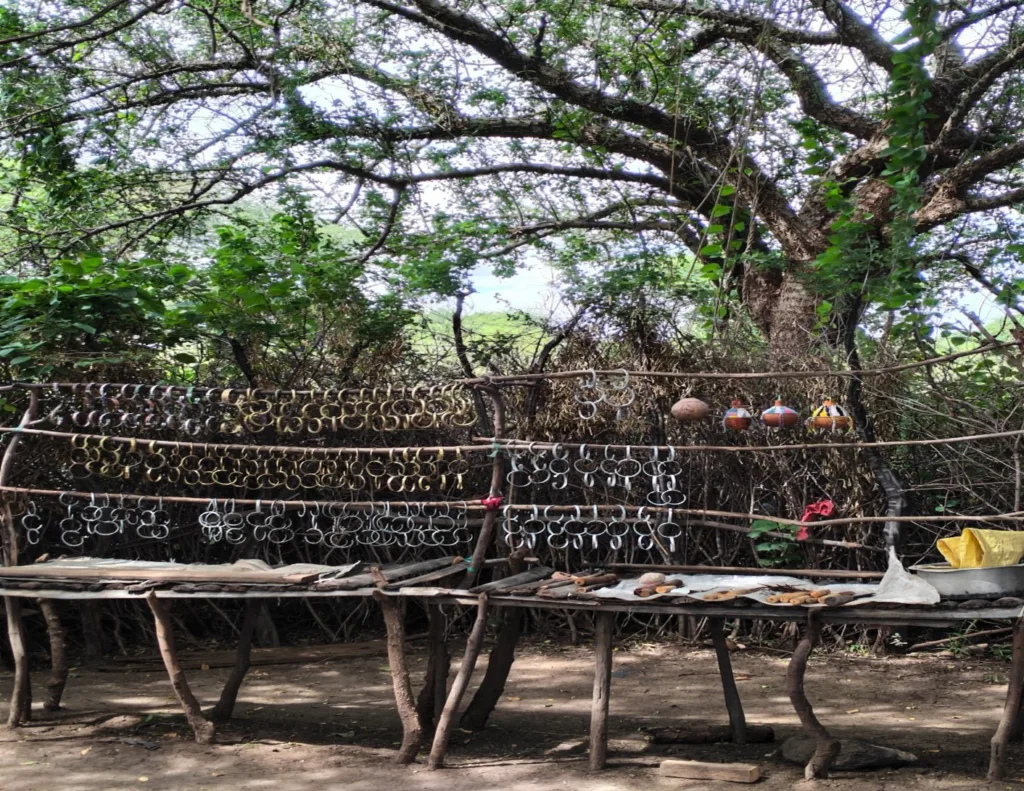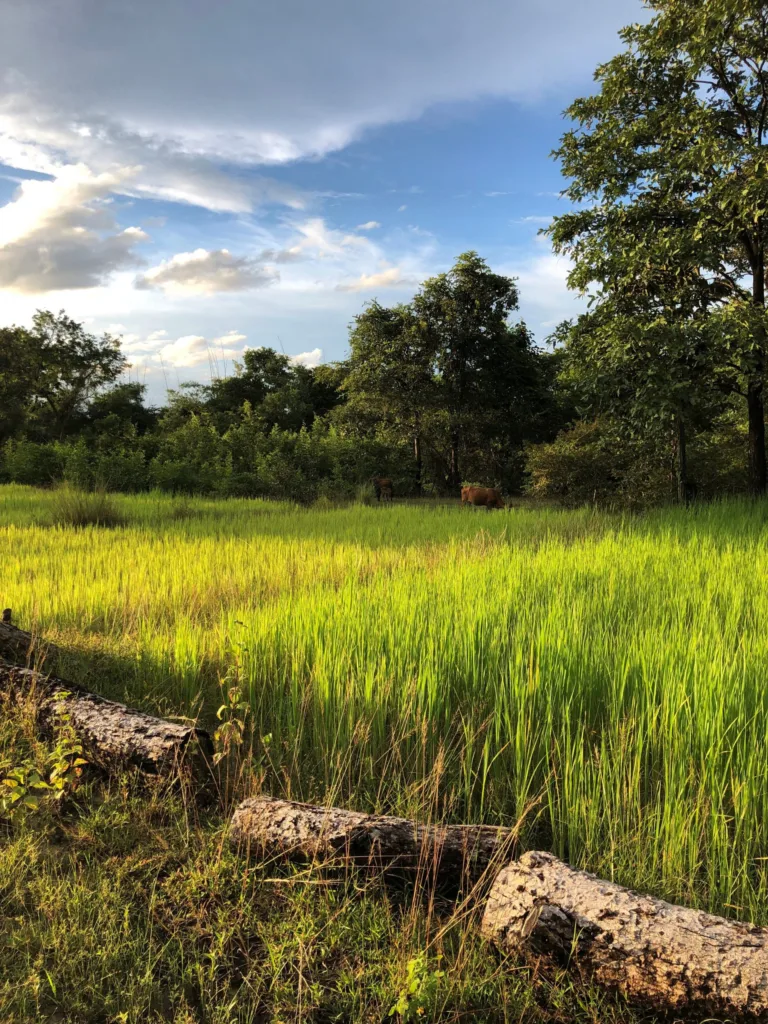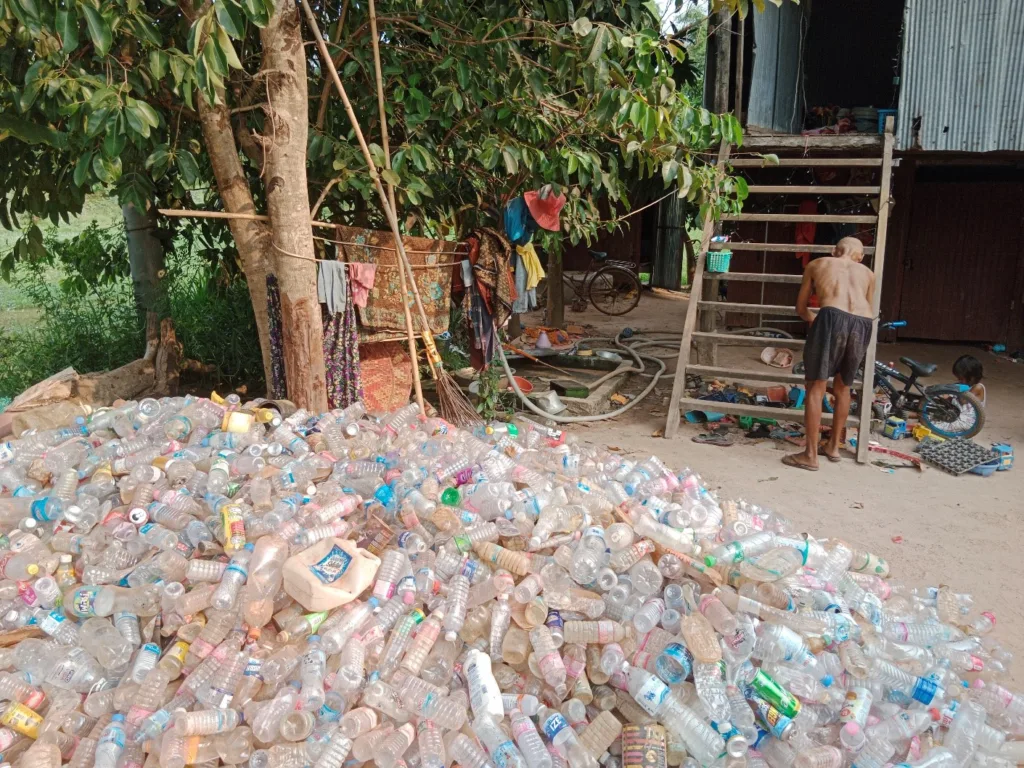Presidential Elections in Costa Rica
This 1st of April, Costa Rica will go to the second and final round of its presidential elections and will decide between two candidates with diametrically opposed political agendas. On the one hand, Fabricio Alvarado, the evangelical candidate of the Costa Rican Renewal Party, is supporting a very conservative agenda that advocates for traditional family values, is against same-sex marriage, and wants to get the country out of the Inter-American Court of Human Rights, a court which has prompted many progressive reforms against traditional religious ideas. Facing Fabricio is Carlos Alvarado, from the party currently in power. Carlos advocates for a more progressive agenda of equal rights for all citizens including LGBTQ groups, supports a secular state, and favors the decisions of the Inter-American Court of Human Rights. The country could not be more divided, and in the latest polls both candidates were practically tied.
Our students will have the rare opportunity to observe this election process. Costa Rica has maintained uninterrupted elections since 1949. Since then, it has not experienced violent periods and has become one of the most consolidated democracies in the continent. This political stability has allowed important investment in public education (i.e., the most important university in the country, the University of Costa Rica, ranks 16th among the best universities in Latin America), as well as in health services. In addition, investment in conservation is significant, with 26% of the mainland protected in 11 conservation areas national parks, and with the goal of becoming carbon neutral by 2021. Despite these remarkable achievements the country faces high social inequality, and has concentrated services and jobs in the Central Valley, leaving the coastal and rural areas almost abandoned. There is inadequate urban planning and transportation, and fossil fuel consumption make up 70% of the carbon footprint. There is inadequate management of solid waste and competition for drinking water among many communities.
Within this context, Costa Rica continues to be a live example of the challenges of sustainable development. A country that maintained a long-term strategic vision now faces a crucial dilemma in these elections, which will determine the near future of this nation. This country, in its current context, presents a compelling case study for our students. Sustainable development transcends many areas, and political decisions influence the allocation of limited resources and general patterns of development, and thus, are decisive in defining conservation priorities.
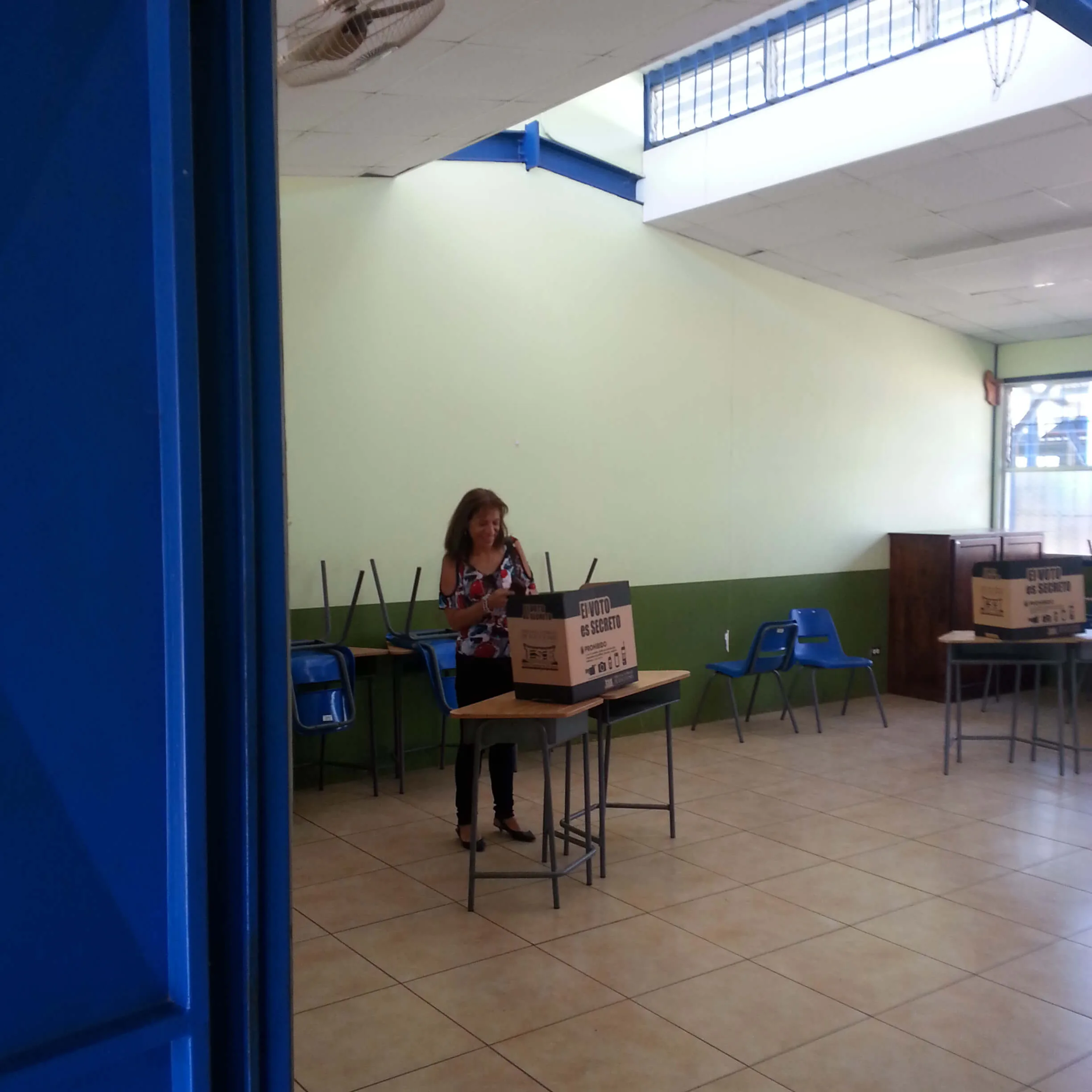
A local resident casting their vote during the first round of elections
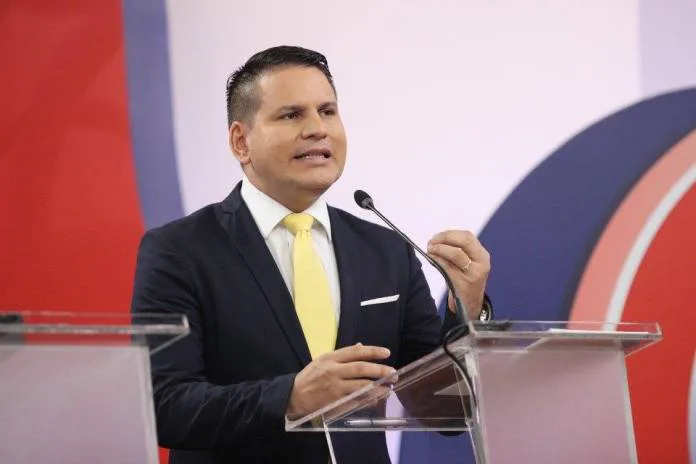
Conservative party presidential candidate, Fabricio Alvarado
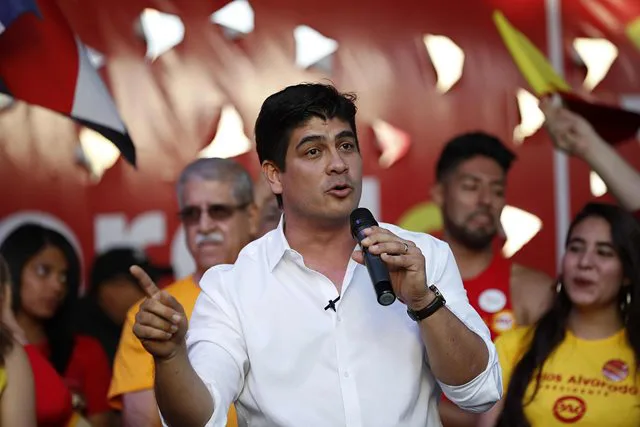
Progressive party presidential candidate, Carlos Alvarado
Related Posts
